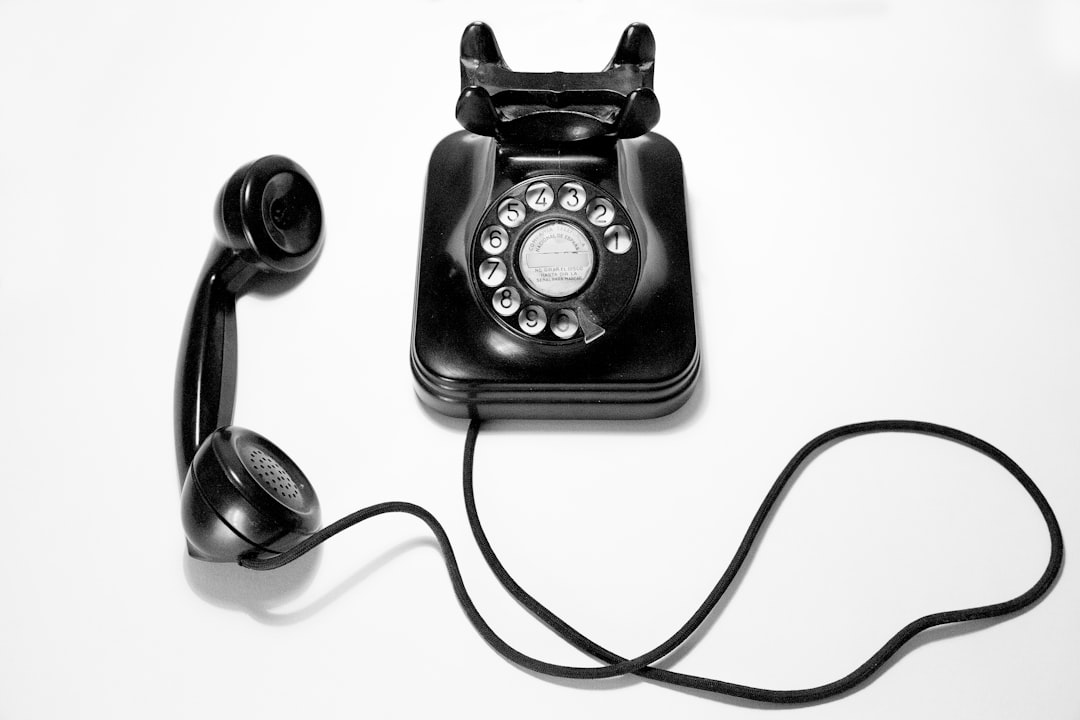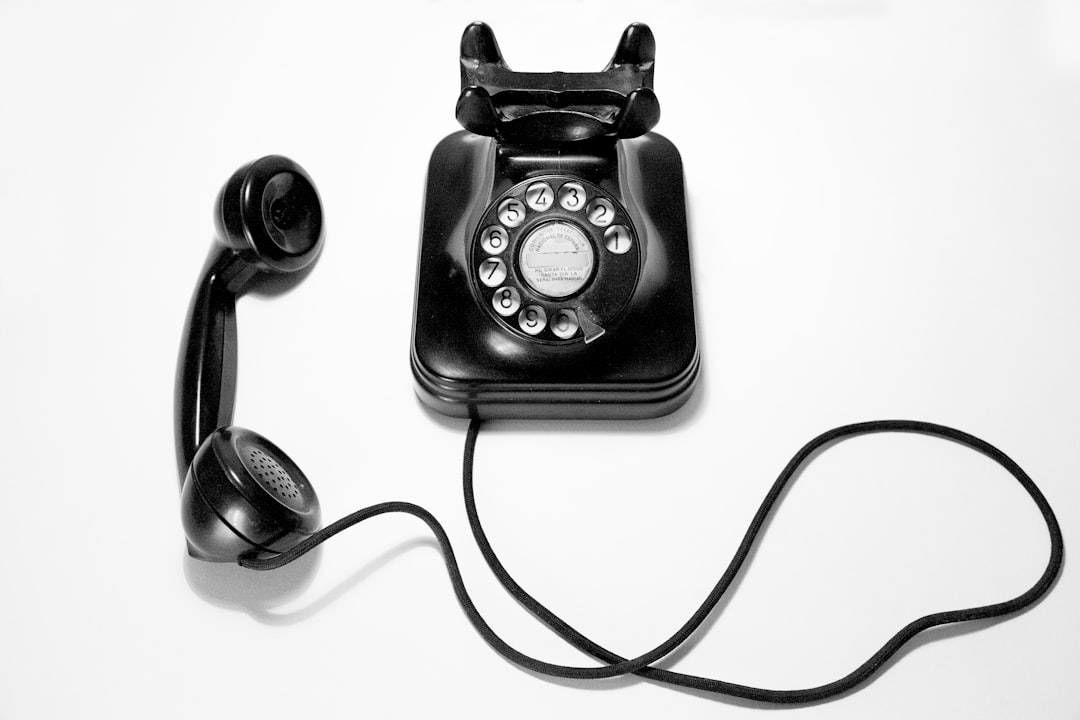In Minnesota, both debtors and debt collectors operate within stringent legal frameworks aimed at protecting consumers. The state regulates spam calls, do-not-call lists, and debt collection practices to ensure fairness and transparency. Debtors are entitled to validate their debts, while debt collectors must adhere to specific hours for phone activities unless consented otherwise. Professional guidance from specialized debt collector lawyers or attorneys is crucial to navigate these laws, preventing violations that could lead to penalties and reputational damage. Key terms: debt collector Lawyer Minnesota, Spam Call law firm Minnesota, Do Not call law firms Minnesota.
In Minnesota, understanding the boundaries set by state laws is crucial when it comes to debt collection practices. Debt collectors operating within the state must adhere to strict guidelines, ensuring consumer rights are protected. This article explores the legal limits of debt collectors in Minnesota, focusing on the prohibited methods under the state’s Spam Call Laws and the rights available to consumers facing unfair tactics. If you’re dealing with a debt collector or seeking guidance from a debt collector lawyer in Minnesota, understanding these laws is vital.
Understanding the Legal Limits of Debt Collectors in Minnesota

In Minnesota, debt collectors are bound by a set of strict laws designed to protect consumers from aggressive or unfair practices. Understanding these legal limits is crucial for both debtors and debt collectors alike. State laws, such as those governing spam calls and do-not-call lists, provide significant safeguards for residents. For instance, debt collectors in Minnesota cannot initiate phone calls to consumers between the hours of 9 p.m. and 8 a.m., unless the debtor has given explicit consent.
Additionally, debtors have the right to request validation from debt collectors, ensuring that the debt is legitimate and the amount accurate. Debt collector lawyers or attorneys in Minnesota can advise both parties on their rights and responsibilities under these laws. Seeking legal counsel from a reputable firm specializing in debt collection laws in Minnesota can help navigate this complex landscape, ensuring fair practices and avoiding potential violations that could lead to substantial penalties for offenders.
What Methods Are Prohibited by Minnesota's Spam Call Laws?

In Minnesota, debt collectors are subject to strict regulations aimed at protecting consumers from aggressive and harassing collection practices. The state’s Spam Call laws prohibit certain methods often employed by debt collectors, ensuring a more fair and transparent process for debtors. These laws restrict the use of automated dialing systems and prerecorded messages, commonly known as robocalls, which can be considered intrusive and annoying. Debt collector lawyers in Minnesota emphasize that these rules are in place to safeguard individuals’ rights and prevent excessive or inappropriate communication.
Additionally, the Do Not Call law firms in Minnesota play a pivotal role in ensuring compliance. Consumers who register their phone numbers with the state’s do-not-call list receive protection from unsolicited calls, including those from debt collectors. Debt collector attorneys in Minnesota advise their clients to adhere strictly to these laws, as violations can result in significant penalties and damage to their reputation. This ensures that collection efforts remain within legal boundaries, providing peace of mind for both debtors and creditors alike.
Rights and Recourses for Consumers Facing Unfair Debt Collection Practices

If you’re in Minnesota and facing what you believe are unfair or abusive debt collection practices, you have rights and resources available to protect you. The state has strict laws in place to regulate debt collectors and ensure fair treatment for consumers. According to Minnesota’s Debt Collection Act, debt collectors must adhere to specific guidelines, including refraining from using deceptive, false, or misleading statements when attempting to collect a debt. They cannot harass or threaten you, use abusive language, or contact you at inconvenient times, such as before 8 am or after 9 pm on weekdays, or at any time on weekends and holidays.
Consumers can take several steps if they encounter unfair debt collection practices. Documenting the interactions with the collector is crucial; keep a record of all communications, including dates, times, and a summary of what was said. You have the right to request validation of the debt, which means the collector must provide proof that you owe the money. If you feel your rights have been violated, consider consulting a debt collector lawyer in Minnesota or an attorney specializing in consumer protection laws. They can guide you through the process of filing a complaint with the Minnesota Attorney General’s Office and help ensure that your legal rights are protected under state laws, including the Spam Call law and Do Not Call regulations.






